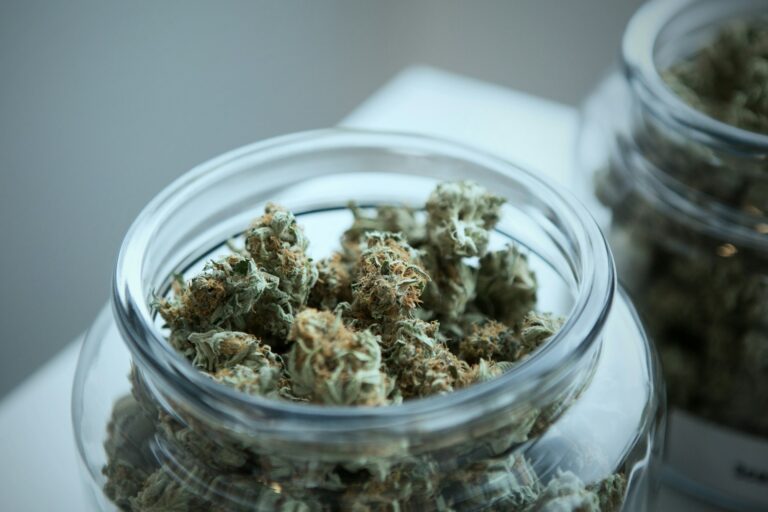The increasing interest in the therapeutic effect of cannabis, especially for its non-intoxicating compounds, has led to a surge in demand for tetrahydrocannabinolic acid (THCa) products.
Since consumers are looking for other ways to relieve pain without the psychoactive effects of THC (tetrahydrocannabinol), THCa Product Formulations has become more and more critical.
THCa is a non-intoxicating cannabinoid present in raw cannabis plants. It is produced through the decarboxylation of THCa and does not produce a high when consumed. On the contrary, it contains a variety of potential health benefits, such as anti-inflammatory, neuroprotective, and anti-emetic properties. This article discusses the various formulation techniques used to make THCa products and their roles in the diversity and effectiveness of these products.
THCa Product Formulations
The Raw Cannabis and Cold Extractions
The easiest way to consume THCa is by raw cannabis. Raw cannabis flowers or leaves are consumed, and the THCa within the plant material is not decarboxylated, thus remaining in its acidic form. This lets consumers get the therapeutic properties of THCa without the psychoactive effects of THC.
Cold extraction methods use solvents like ethanol to extract THCa from raw cannabis plants without applying heat. Thus, the THCa is kept in its acidic form, and the production of THCa-rich extracts and concentrates is facilitated. These extracts can then be utilized to make a wide range of THCa products, such as tinctures, capsules, and topicals.
Decarboxylation, Isolation, and Purification
Decarboxylation is the process of heating raw cannabis to convert THCa into THC. Although this process removes the possibility of the health benefits of THCa, it enables the production of THC-containing products such as edibles, oils, and concentrates. On the contrary, some producers use controlled decarboxylation techniques to decarboxylate cannabis partially. Thus, they preserve some of the THCa and still activate the THC.

Some manufacturers use chromatography to separate and purify THCa from other cannabinoids and plant materials. Thus, it is possible to produce highly concentrated THCa products with accurate dosing and purity. These isolated THCa products can then be used to create a variety of pharmaceutical-grade THCa Product Formulations, including capsules, tinctures, and injectables.
Advantages of Different Formulation Techniques
Raw cannabis consumption delivers a full range of cannabinoids and terpenes, thus providing a more comprehensive and natural form of relief. The cold extraction methods keep the THCa acidic, which helps produce THCa-rich extracts and concentrates with little processing.
Decarboxylation is the process that allows for the production of THC-rich products with psychoactive effects, which makes them the best choice for people who are looking for relief from pain, inflammation, and other conditions. Besides, the isolation and purification of THCa enables the production of highly concentrated THCa products with specific dosing and purity. Thus, they are suitable for pharmaceutical applications.
Applications of THCa Products
THCa is effective in relieving pain associated with arthritis, fibromyalgia, and migraines because of its anti-inflammatory and analgesic properties. Besides, neuroprotectionTHCa has been found to have neuroprotective properties, which means it is good for protecting the brain against neurological diseases such as Alzheimer’s disease, Parkinson’s disease, and multiple sclerosis. Besides, THCa is also a known anti-emetic, which makes it useful for treating nausea and vomiting caused by chemotherapy and other medical treatments.
Summary
Making THCa products is based on several THCa Product Formulations, each with its own advantages and benefits. THCa products can be consumed raw, extracted using cold methods, decarboxylated, or isolated and purified.

These products are a safe and effective alternative for people who want relief from various health conditions. As the demand for non-intoxicating cannabis products keeps on increasing, the variety and effectiveness of THCa products are likely to be more and more critical in addressing the different health needs of consumers.




